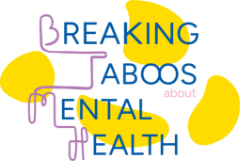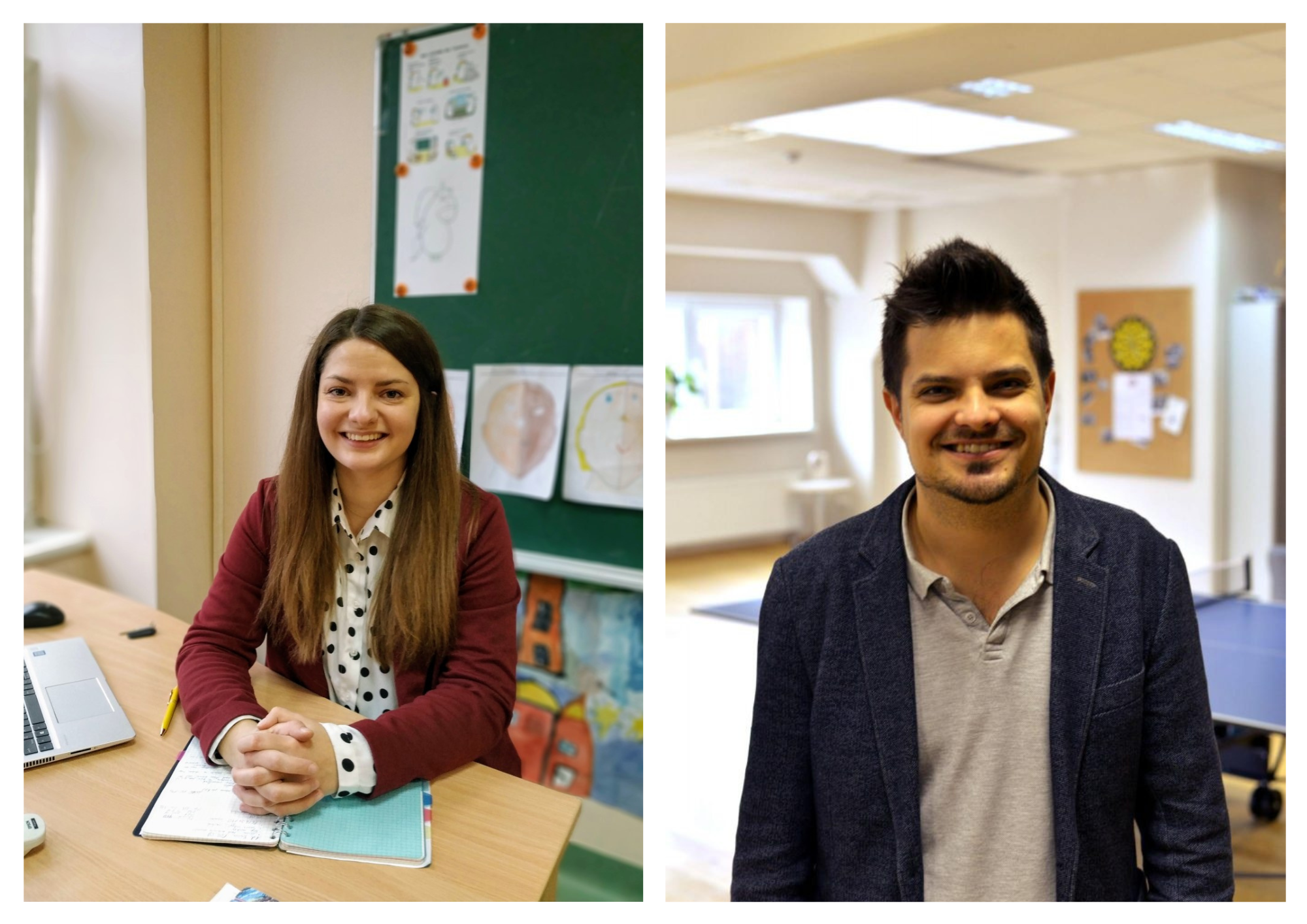Mental health is becoming an increasingly relevant and important topic, especially when it comes to young people. We often focus on physical health, forgetting that mental health is integral to our overall well-being. Physical health problems are seen easily, but mental health struggles can be overlooked. This includes not only emotional well-being, but also the ability to cope with stress, overcome challenges and maintain healthy relationships. Mental health is like a thread that connects thoughts, feelings, and actions. We talked about mental health issues with Mr. Tomas and Mrs. Kamile Šlapikai, psychologists of the Druskininkai Youth Activity Centre.
Mental health is a relevant topic, especially among young people. How can we explain to young people what it is and why taking care of one’s mental well-being is important?
A person’s perception of health, often described in terms of physical and mental health. Mental health is just as important as physical health. We like to use a simple example, if an arm is broken, we can feel the actual physical pain, but at the same time we can go through sudden changes in life – it may be difficult to perform certain activities, others may have anxiety and fear about how the arm will heal, we may feel inadequate. Thus, it can be said that mental health, although more difficult to assess, is strongly related to physical sensations, the environment around us, events, and their evaluation.
How relevant for Druskininkai municipality’s youngsters to maintain their mental health?
This is relevant both in the municipality of Druskininkai and in any corner of the world. That’s why, firstly, we, ourselves are responsible for our health, and to feel productive, satisfied with life and self-confident, we must take care of ourselves.
What are the biggest challenges faced by the youth of Druskininkai municipality when it comes to mental health?
Each young person’s problem is individual, and sometimes it is even difficult to put it in a certain category, but we see recurring difficulties in relationships with peers, parents, and the school community. It is not uncommon for young people to come to better understand their inner world, to seek help in surviving losses or separations, during an emotionally intense period.
How can teachers and parents help young people maintain their mental health?
It is very important to build a relationship with the young person, by allowing them to have their own opinions, by listening and trying to understand their perspectives. After recognising that a teenager’s behaviour has changed, whether he feels bad, it is appropriate to inquire if everything is okay, and if necessary, refer him or her to mental health specialists. Another important aspect often overlooked is the example we set ourselves. Just as a parent who smokes would have a hard time creating a young person’s habit of not smoking, so a parent or teacher who does not take care of their mental health, just talking about it, will not teach the young person to do the same.
What advice can you give to teachers and parents struggling to understand youth mental health?
We would strongly suggest by deepening psychological knowledge about adolescent development and its challenges. It is also a good idea to participate in trainings, self-help groups that provide knowledge and support. At the same time, it is crucial not to interrupt the youngster’s by commenting on how he feels. It is better to try and create a safe and supportive environment to share their feelings, thus normalising, and setting an example of how you can share your experiences with others. It is worth saying that you are ready to listen and help when needed. And when such moment comes, to really listen, with no interruptions, judgement, as well as solving the problem immediately, just try to stand in their shoes and really understand. There is also a parents’ helpline, to receive a professional help while dealing with parenting issues (https://pvc.lt/tevu-linija/apie-projekta/). We would also invite parents to honestly express any doubts, feelings, and fears to the teenagers, if they do not understand them.
What are the most common stereotypes you encounter when it comes to mental health?
Even though today’s youth are well-educated about mental health issues, and stereotypes are quite rare, however we notice one – always choosing a positive thinking. The picture of life consists of different shades – we experience joy, sadness, fear, and there are moments when it is impossible to have a possible mindset, and it’s ok. The most important thing is that we can remain unbroken in those difficult situations. The diversity of experiences only makes us stronger.
The interview was prepared by: Aušra Nedzinskienė

